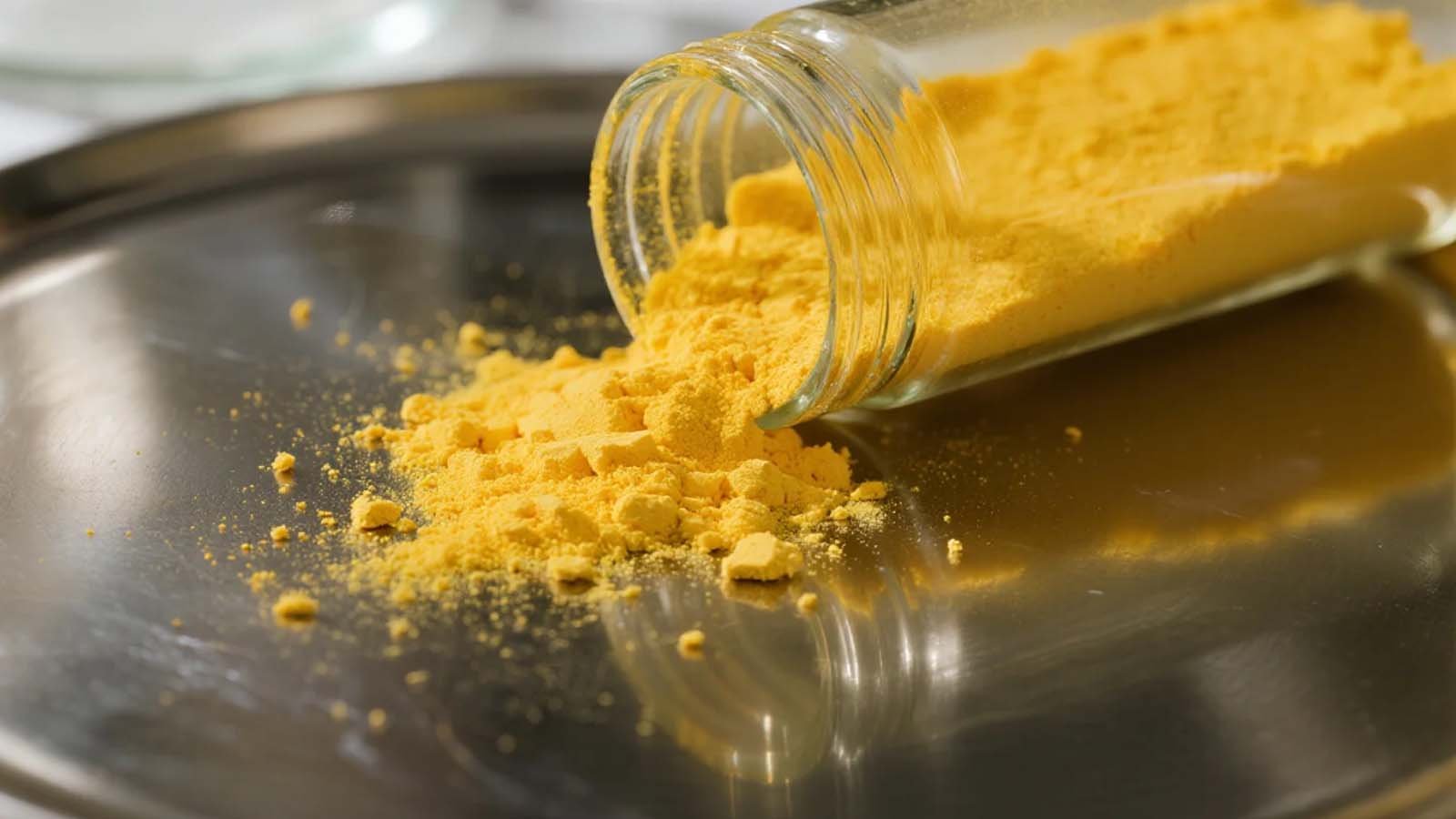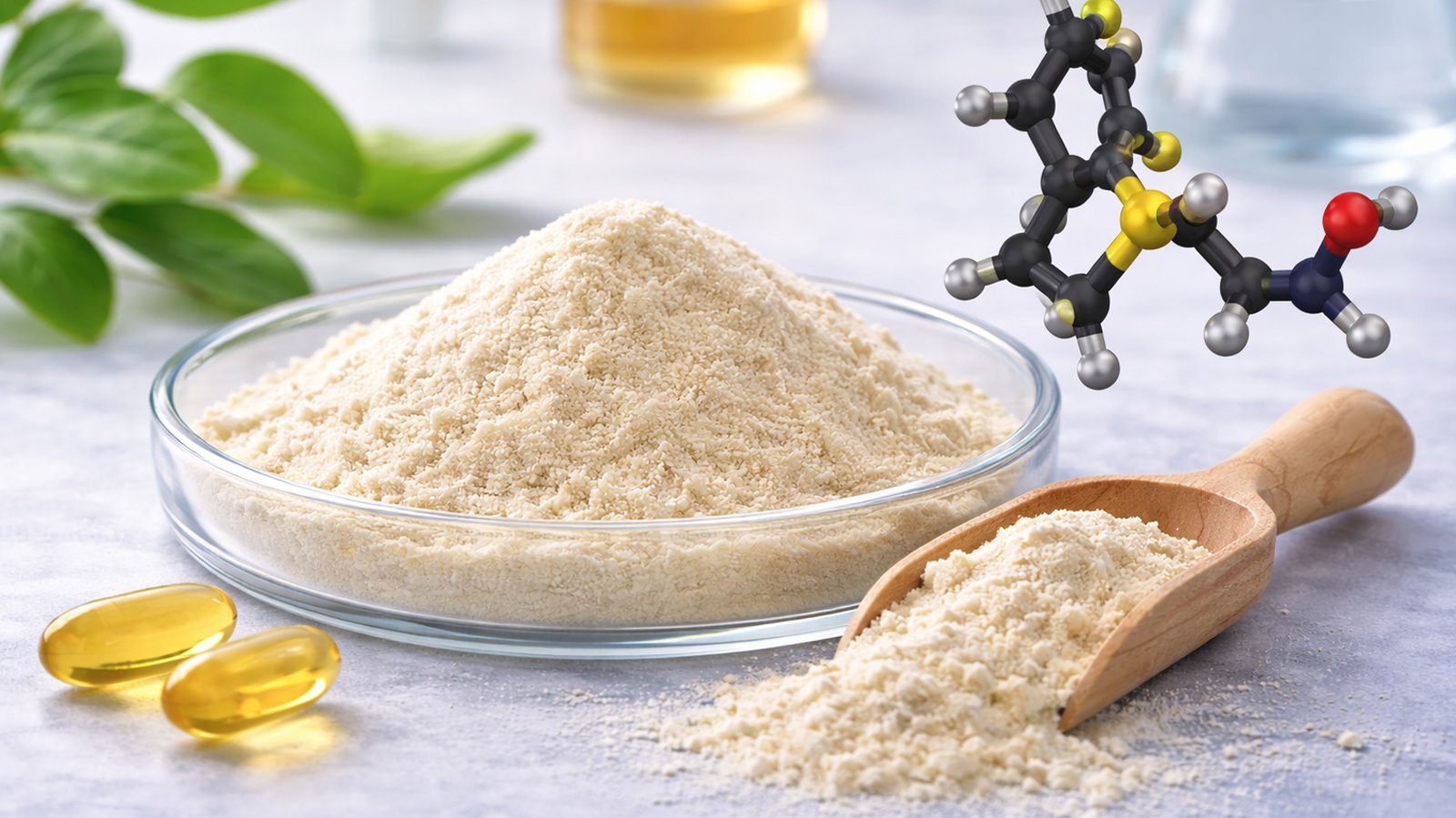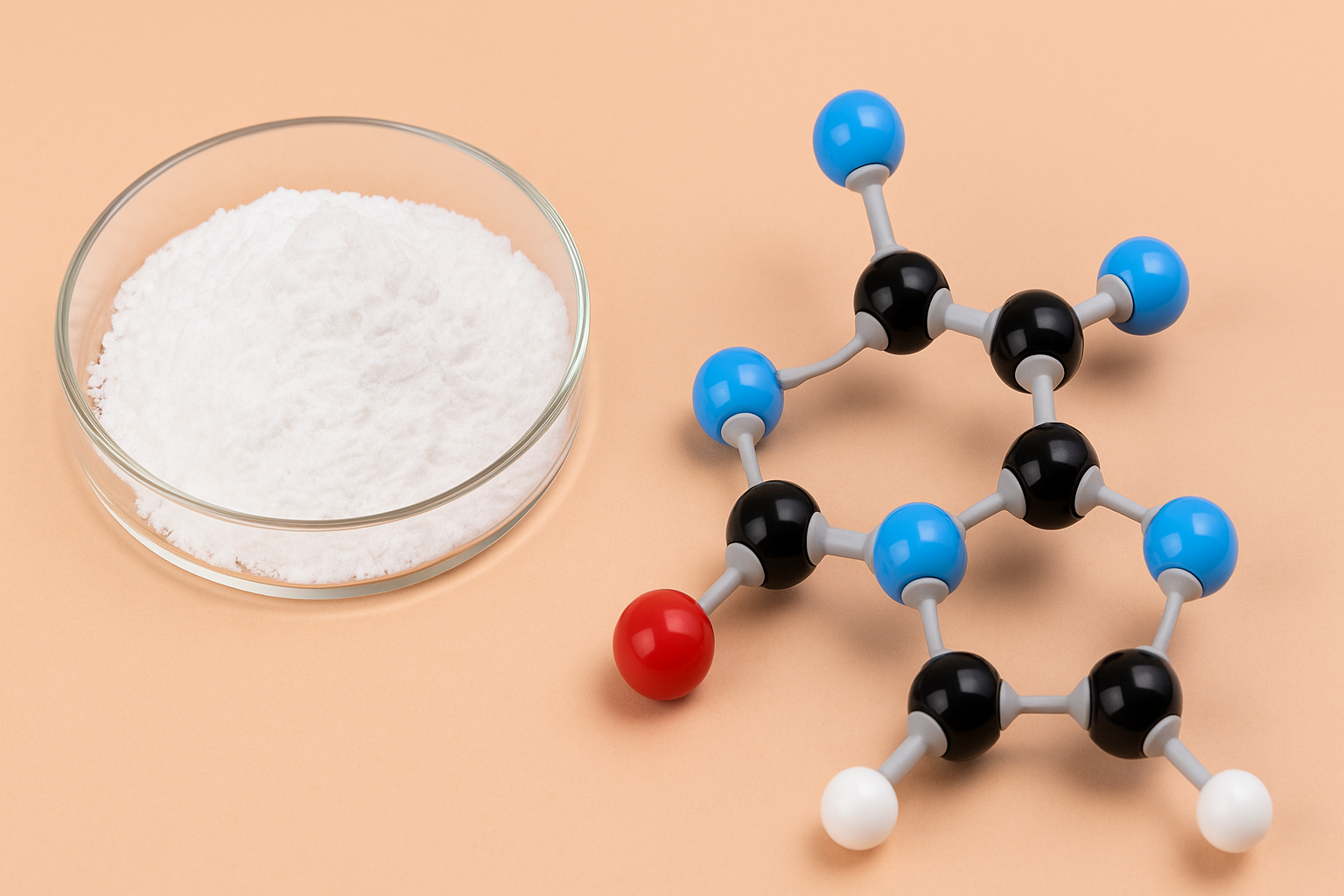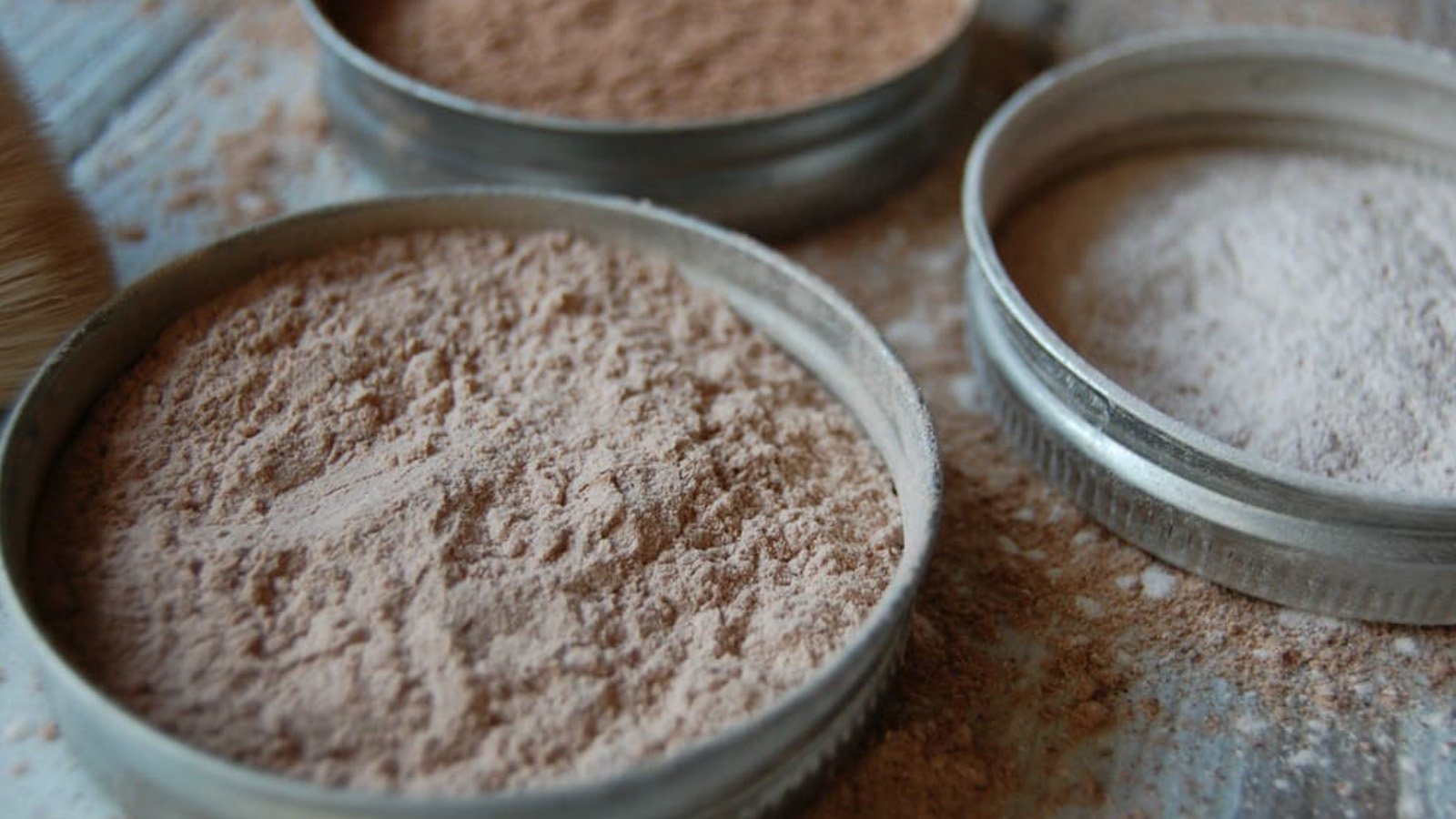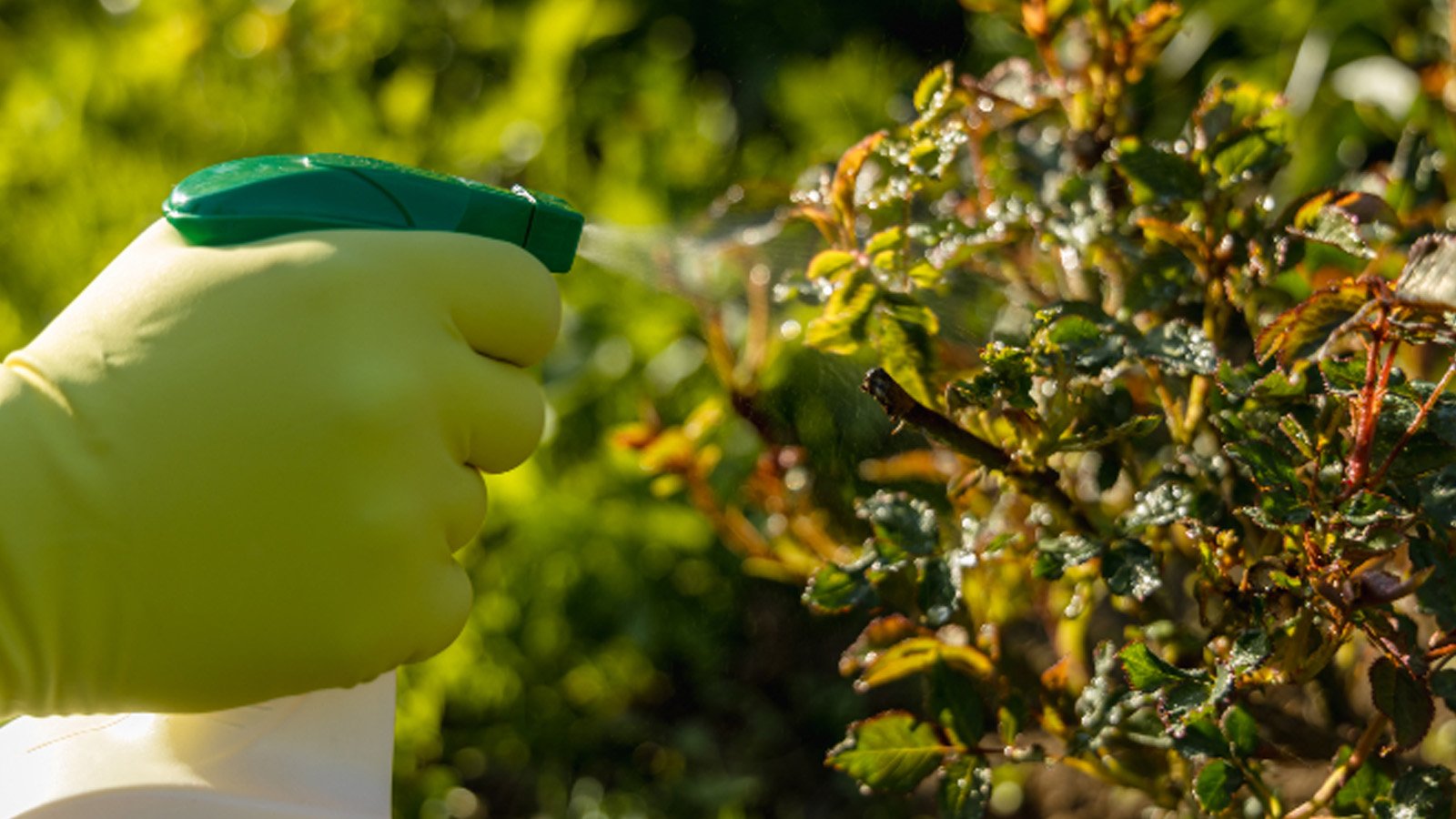When it comes to skincare, the names retinol and hydroxypinacolone retinoate (HPR) are often mentioned in the same breath, especially when discussing anti-aging products and their ability to improve skin texture. But, how do these two ingredients compare? Is HPR stronger than Retinol? Which one should you incorporate into your skincare routine or formulations? XI AN CHEN LANG BIO TECH supply high quality HPR powder in global market. Let’s compare difference between retinol and HPR powder.
What is Retinol?
Retinol is one of the most widely used ingredients in skincare, especially for its anti-aging properties. It is a vitamin A derivative that has long been considered the gold standard for treating fine lines, wrinkles, acne, and uneven skin tone. Retinol works by speeding up cell turnover and promoting collagen production, which helps to rejuvenate the skin. When applied topically, retinol penetrates the skin and is converted into retinoic acid by the body, the active form that has the most impact on the skin.
The Pros and Cons of Retinol
While retinol is highly effective, it can come with certain drawbacks:
Skin Irritation: It can cause dryness, redness, and peeling, especially for those with sensitive skin. It is often recommended to start with a lower concentration and gradually increase usage to minimize irritation.
Sun Sensitivity: Retinol increases the skin’s sensitivity to the sun, making it crucial to apply sunscreen daily when using retinol-containing products.
Slow Results: Although effective, it may take weeks or even months of regular use to see visible improvements in skin texture and tone.
Despite these drawbacks, retinol remains a staple in the skincare industry due to its proven efficacy and versatility.
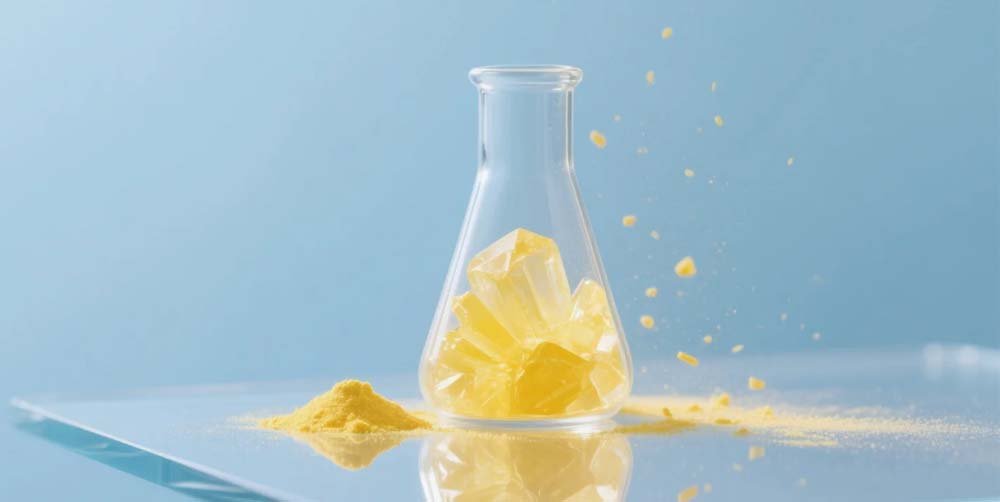
What is HPR (Hydroxypinacolone Retinoate)?
Hydroxypinacolone Retinoate (HPR) is a newer retinoid derivative that has gained popularity in the skincare world due to its gentle yet effective nature. It is considered an advanced form of retinoid because it is more stable and less irritating than traditional retinol. Unlike retinol, HPR is already in its active form, which means it doesn’t need to be converted into retinoic acid to start working on the skin. This makes it an excellent option for those with sensitive skin or those who are new to using retinoids.
The Benefits of HPR
HPR offers several key benefits, particularly when compared to traditional retinol:
Gentler on the Skin: HPR has a much lower risk of irritation, redness, and dryness, making it suitable for individuals with sensitive skin or those who are intolerant to retinol.
Immediate Effectiveness: Because HPR is already in its active form, it starts working more quickly, delivering results faster than retinol.
No Conversion Needed: As HPR doesn’t need to be converted into retinoic acid, it bypasses the potential irritation that comes with retinol’s conversion process.
Overall, HPR is considered a more skin-friendly option for those who want the benefits of retinoids without the harsh side effects. It is often used in products targeting fine lines, wrinkles, uneven pigmentation, and acne.
HPR Powder vs. Retinol: The Key Differences
To help you better understand whether HPR is stronger than retinol, let’s break down their key differences:
1. Mechanism of Action
Retinol: First, It must be converted into retinoic acid (retinoic acid) to be effective. This conversion process may be limited by enzyme activity, local delivery, and stability, resulting in decreased activity.
HPR Powder: It can directly bind to the retinoic acid receptor, more effectively exerting anti-aging and repair effects, and reducing activity loss during the conversion process.
2. Potency
While both retinol and HPR are effective, HPR is generally considered less potent but more stable. HPR provides gentle, long-term results without the need for skin adjustment, whereas retinol is stronger but can cause more irritation in the process. This makes HPR ideal for individuals with sensitive skin or those who are new to retinoids, while retinol may be better suited for individuals who want faster and more dramatic results.
3. Irritation
Retinol often causes skin irritation during the first few weeks of use, especially for those who have never used retinoids before. This can lead to redness, peeling, and dryness, which can be a barrier for some people. HPR, on the other hand, is less likely to cause irritation. It works gently, making it an excellent option for those with delicate skin or those who are concerned about the side effects of traditional retinoids.
4. Conversion to Retinoic Acid
As mentioned earlier, retinol needs to be converted into retinoic acid in the skin to become effective. This conversion process can take time and may result in irritation for some people. HPR, however, is already in its active form (retinoic acid), meaning it bypasses this step and can begin to deliver results more quickly and without conversion.
5. Skin Sensitivity
Because retinol increases sun sensitivity, it is important to always use sunscreen when incorporating retinol into your routine. While both retinol and HPR can increase sun sensitivity to some extent, HPR is generally considered less harsh on the skin, and users may experience fewer negative effects like peeling or irritation when exposed to the sun. Nevertheless, daily sunscreen application is still crucial when using either compound.
6. Speed of Results
Retinol is known for delivering quick results, with noticeable improvements often seen within a few weeks of use. However, this can come at the cost of skin irritation and dryness. HPR works more gradually, but it provides sustained results without the harsh side effects, making it an excellent choice for people who want a long-term solution without immediate irritation.
Which One Should You Choose? HPR Powder or Retinol?
Deciding whether to use HPR or Retinol largely depends on your skin type, your goals, and your tolerance to active ingredients.
If you have sensitive skin or are prone to irritation, HPR is a great option. It will still deliver powerful anti-aging and skin-smoothing benefits, but without the discomfort that retinol can cause.
If you’re looking for fast results and are not concerned about initial irritation, retinol might be the better choice. It’s ideal for individuals who can tolerate it and want to see more immediate improvements in skin texture and tone.
For those new to retinoids, starting with HPR may be a smart way to ease into the world of retinoids, especially if you’re worried about irritation but still want to target fine lines, wrinkles, or acne.
How Can CHENLANGBIOTECH Help You?
At CHENLANGBIO, we specialize in providing high-quality hydroxypinacolone retinoate (HPR Powder) and retinol powder. Whether you are looking for the latest in gentle yet effective anti-aging solutions or sourcing ingredients for your skincare line, we offer premium-grade HPR and retinol with guaranteed purity and excellent results.
Our HPR and retinol products are GMP-certified, ensuring that you receive the highest standards in formulation, packaging, and consistency. If you’re a business looking to incorporate these potent ingredients into your skincare products or need bulk supplies for your formulations, we offer wholesale options with fast, reliable shipping.
Contact us today at extract@chenlangbio.com to explore how hydroxypinacolone retinoate (HPR) and retinol can enhance your skincare offerings and provide your customers with the best in anti-aging technology.
References:
Smith, L.A., & Johnson, M.K. (2023). “A Comparative Review of Retinol and Hydroxypinacolone Retinoate in Anti-Aging Skincare.” Journal of Cosmetic Dermatology, 42(3), 232-247.
Thompson, R., & Li, J. (2022). “Hydroxypinacolone Retinoate: A New Era in Retinoid-Based Skincare.” Dermatology Science & Technology, 18(7), 126-139.

